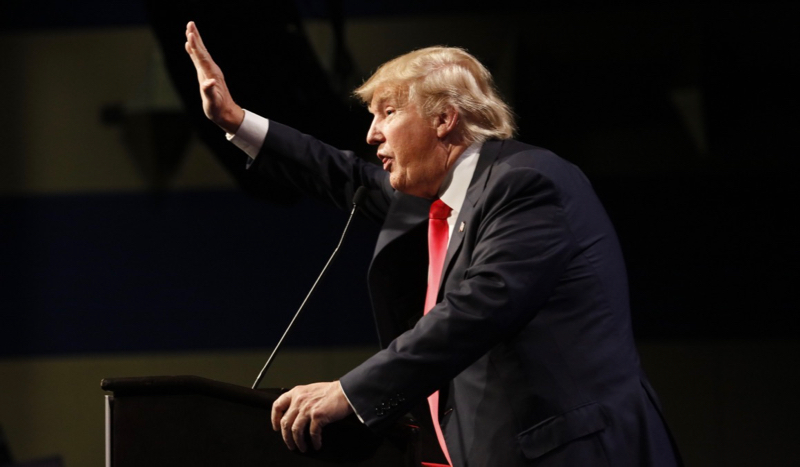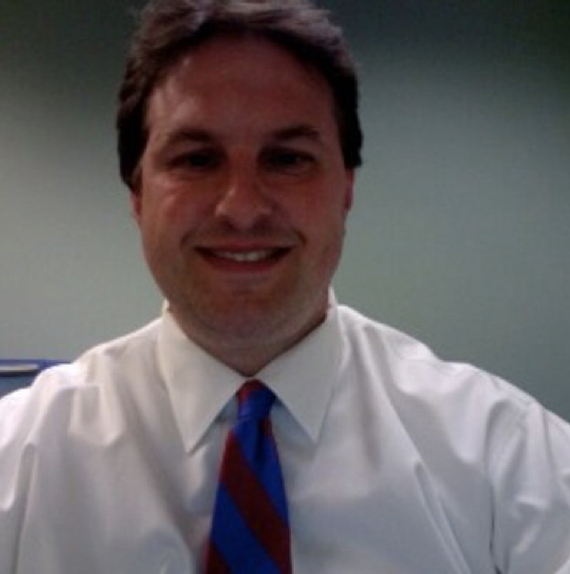Here’s what you need to know about the Trump-Russia pardon loophole in New York

Last week, New York State Attorney General Eric T. Schneiderman introduced legislation in New York seeking to close a loophole that exists in New York State law that might prevent New York State prosecutors to pursue those that President Donald J. Trump may pardon. On April 20, 2017, Schneiderman issued “An Open Letter to New York Leaders: Close Our Double Jeopardy Loophole” (available here). Addressed to Governor Cuomo and various New York legislative leaders, the letter explains the issue:
“Yet recent reports indicate that the President may be considering issuing pardons that may impede criminal investigations. This is disturbing news, not only because it would undermine public confidence in the rule of law, but also because — due to a little-known feature of New York law that appears to be unique in its reach — a strategically-timed pardon could prevent individuals who may have violated our State’s laws from standing trial in our courts as well. My staff has researched the relevant state statute and its legislative history, and can find no evidence that the Legislature intended this result.”
Many have wondered why this is so in New York. According to the Open Letter, “a federal prosecution poses no constitutional bar under the Double Jeopardy Clause to a subsequent state prosecution, and vice versa.” New York’s statutory protections may go further, and jeopardy in New York “attaches when a defendant pleads guilty” and if that occurs, then a prosecution for state crimes that are based on the “same act or criminal transaction” are barred. The New York Criminal Code does not have any exceptions for when “the President effectively nullifies a federal criminal prosecution via pardon.”
The President of the United States of course has no power to pardon state crimes and this is the loophole that Schneiderman seeks to close with the addition of a narrowly tailored exception to the jeopardy rule that currently exists (to which there are already a dozen exceptions). Schneiderman is correct in his analysis – the legislature could not have intended to include this type of loophole in its laws. Hopefully the loophole will quickly be closed.

Daniel is a lawyer writing and teaching about SCOTUS, and is the author of the book “The Chief Justices” about the SCOTUS as seen through the center seat.
